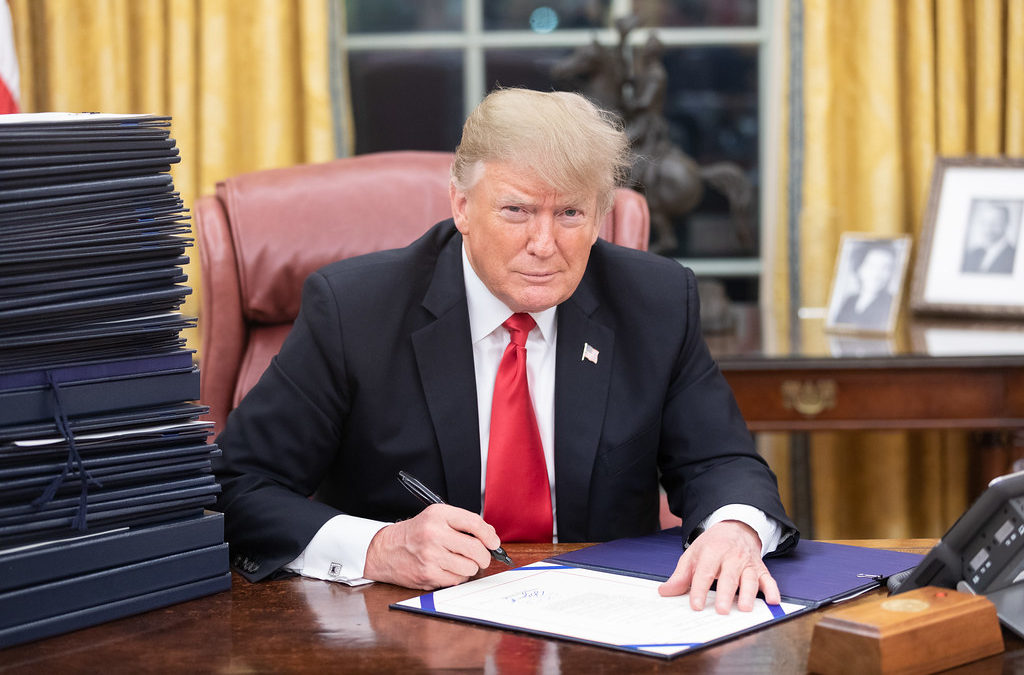On Saturday, August 8, President Trump signed The Memorandum on Deferring Payroll Tax Obligations considering the Ongoing COVID-19 Disaster. This executive order directs the Secretary of the Treasury to “defer the withholding, deposit, and payment” of employee OASDI tax liability from September 1, 2020 until the end of the year. President Trump issued the memorandum with the intent to “further temporary relief … to support working Americans.”
This deferral will apply to specific individuals whose wages are generally $4,000 or less during any biweekly pay period, calculated on a pre-tax basis. The order also directs the Secretary to issue guidance to effectuate this directive as well as pursue mechanisms to forgive any deferral. Any amounts deferred under the memorandum will not be subject to either penalties or interest.
The Secretary of the Treasury has been instructed by the President to issue guidance to implement the memorandum. Other avenues that the Secretary is expected to explore include eliminating the obligation for taxpayers to repay the deferred taxes. As of now, the taxes are to be repaid at the end of the approved period, but that could be changed with the approval in legislation.
The order has brought with it some uncertainty as to how it will be implemented. Questions regarding the following have surfaced:
- How to interpret and apply the income qualifier
- W-2 reporting requirements
- Retroactive implications
- Whether employers must defer for all employees
- Must each deferral be offered to each employee
- Employer (including PEO) payment obligations, responsibilities, and potential liabilities
In short:
It is apparent that additional guidance is required from the Secretary of the Treasury. There also needs to be an explanation and structure for how to implement the deferral. The memorandum does not include any deferral of the employee portions of Medicare tax or federal income tax. It remains unclear if employers may be subject to penalties for failing to withhold the employee component of Social Security taxes. Unpaid taxes due to the IRS must be payed by the employer if an employment tax audit occurs. So far, there is no clarity if employers will have to repay the deferred tax amounts, though there is no certainty that repayment of any sort will be required as of this time. The memorandum, if implemented, will fall under Section 2302 of the Coronavirus Aid, Relief, and Economic Security (CARES) Act.
For more information or any questions about the CARES Act and The Memorandum on Deferring Payroll Tax Obligations, please contact any of your knowledgeable HR Professionals at Resourcing Edge.
- re360 Rehire Fact Sheet - August 19, 2021
- Job Analysis_Physical Demands Checklist - August 19, 2021
- Job Description Questionnaire - August 19, 2021

